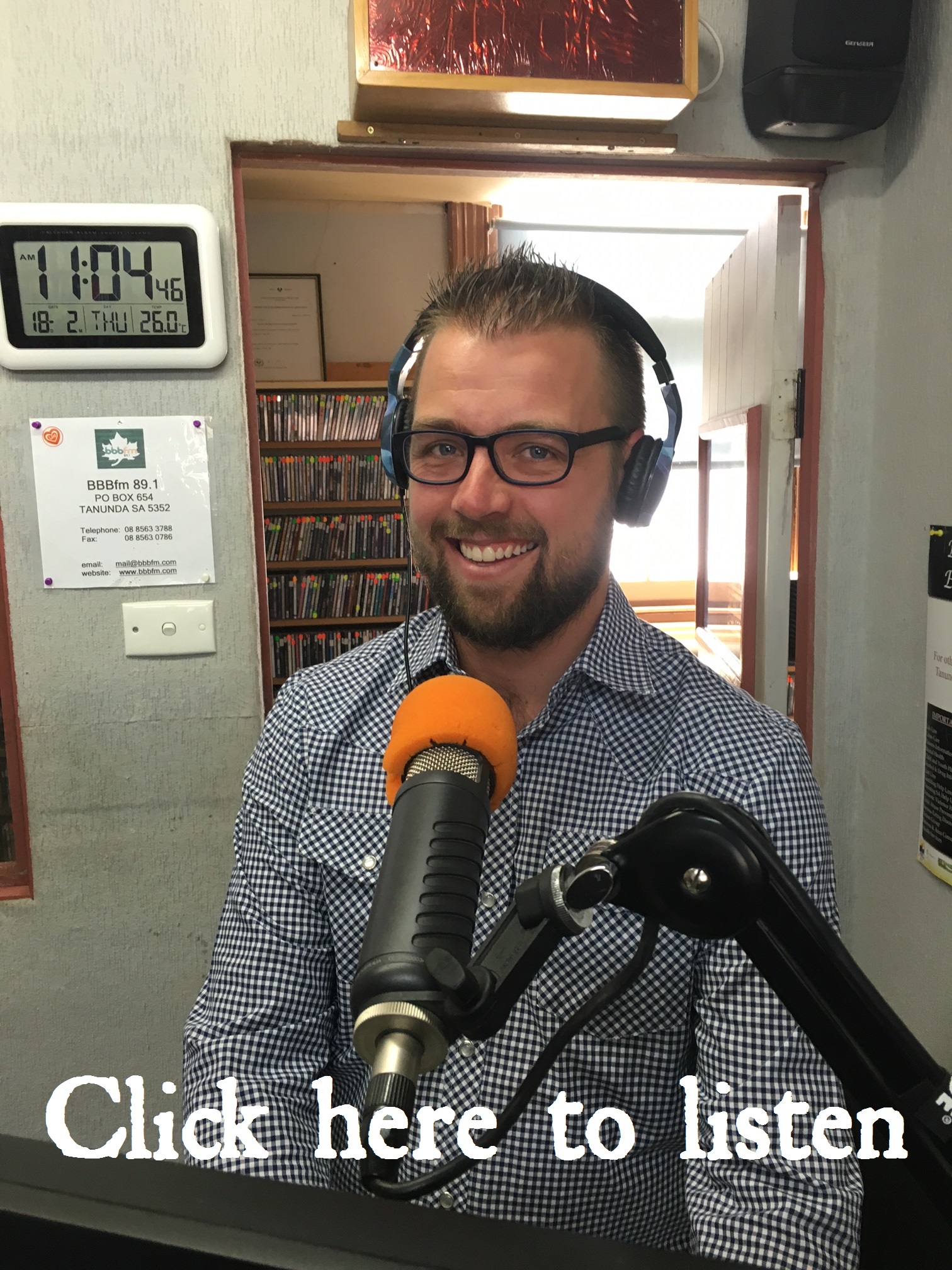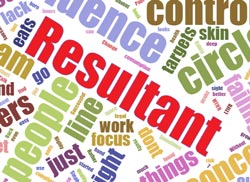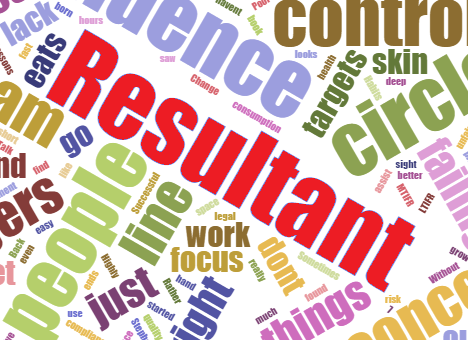My 2016 Bombshell
“You’re going to WHAT?!”
This is the response many people have given me when I have told them about the goals and plans for Fidesa in 2016. I can understand where they are coming from, and for many people, such a response could be disenchanting. Not for me, it steels my resolve and reinforces that I am on the right track.
Let me explain.
My first blog article was entitled “Are you a resultant”, which had some phenomenal readership and sharing. For those who didn’t read it, I reflected on what a health and safety professional should be focussed on (results) and not all the fluff in the middle we obsess over (like systems, procedures, audits etc), the mere means to achieve these results.
That’s always been my philosophy, and I’m improving how I put it into practice as life goes on.
So started thinking about my business, which helps businesses manage change and achieve results in the areas of WHS, environment, quality and risk. When people ask me what I do, I tell them I solve problems. Shouldn’t we all? After squinting and looking a little sideways, they ask “so, do you do procedures and audits and stuff?”. It seems quite abstract, and thus difficult to convince people I can help them.
When people ask me what I do, I tell them I solve problems. Shouldn’t we all?
Health and safety has always been my passion and my strong suit, so I wanted to focus on solving the biggest problems. Zero harm? Fair to say that we can pronounce it dead, and many thought leaders are helping shape the new path. Squeezing more out of the diminishing returns for corporates in industries that have spent decades making gains in WHS performance? Not for me (though that’s where most people fight for the ‘best’ jobs and consulting work).
No, the biggest problem is in small and medium enterprise (SMEs). WHS is too hard, complicated, non-value-adding, a burden, too compliance focused – the list goes on. Yet, SMEs create the vast majority of Australian businesses, create the vast majority of employment and about half of Australia’s GDP, so they arguably need the most help.
There are no WHS jobs in this market. There are some consultants, often selling snake oil to unknowing and unsuspecting SMEs, and few adding real value – and it’s hard to sell conventional consulting services into a price sensitive market and still feed the kids. And the regulators? Well they are trying, but I argue that looking at problems with a compliance lens will always be limiting (and some actually acknowledge they are struggling to support SMEs). Not to mention that SMEs hate regulation. Full stop.
Why am I telling you this, since most of you don’t work in SMEs?
We’re attempting to make a real difference in health and safety for SMEs, as many as we are able to help. This starts with giving value away for free, LOTS of it. I’m sick of businesses being charged for ‘systems’ and ‘training’ and ‘SWMS’, so I’m going to be giving it away, and focussing on helping SMEs do the hard work – to see the really important stuff, communicate it simply, motivate change, and guide them to take action to improve. Plain and simple. We’re starting in South Australia, sharing a message of change (like on the radio recently) and working our way around, listening to health and safety stories from SMEs and addressing the barriers they tell us about.
Your part to play
There is no way that I can know all the businesses who might benefit from a new, fresh and practical approach. This is not a pitch. What I am asking of each of you, my Linkedin connections, is to think about the 1, 2 or 3 small business owners you know, who are motivated BUT may be a little wary of ‘all this health and safety stuff (insert alternative negative descriptor/expletive)’.
Feel free to point them to the following link, or they can get in touch with me directly for the free stuff.
http://fidesa.com.au/get-simple/
As humans, we have empathy for the uphill battle of SMEs, so understand the importance of lightening their load. As safety professionals, you can give back to a sector that you have probably not had much to do with, and probably won’t in the future.
And I’ll keep you in the loop. In 12 months time I will come back to you, and tell you what’s been achieved to help SMEs improve health and safety.
Simple.





Recent Comments